Forensic pathologist, Itumeleng Molefe, and neuroscientist, Pieter Naude, featured above, together have all the specialised skills necessary to head up the Neuroscience Institute Brain Bank (NIBB).
Post-mortem brain tissue is an indispensable research tool for understanding complex diseases. For example, traumatic brain injury (TBI) and HIV subtype-C are leading causes of death in Sub Saharan Africa. Despite this disease burden, there is limited research into the molecular mechanism of brain insult and injury, which contribute to the clinical symptoms. A better understanding of the mechanisms involved in the negative outcomes of TBI and HIV can help to improve diagnosis and treatment.
A brain bank at UCT would unlock the potential of neuroscience researchers to understand these and other conditions. No brain bank currently exists in Southern Africa, and international brain banks do not focus on priority diseases for Southern Africa. An advanced approach to brain storage is required, to ensure that donated brains are viable for different types of research.
The University of Cape Town (UCT) is currently raising funds to establish the NIBB. This tissue repository would catalyze innovative brain research and encourage international collaboration around critical diseases impacting African populations, towards an Africa where people with brain insults and injuries can be diagnosed, treated, and thrive.
The Neuroscience Institute is the ideal convener of a brain bank because of its strong local and international research network, and institutional links to two world-leading clinical platforms – Groote Schuur Hospital and Red Cross Children’s Hospital.
